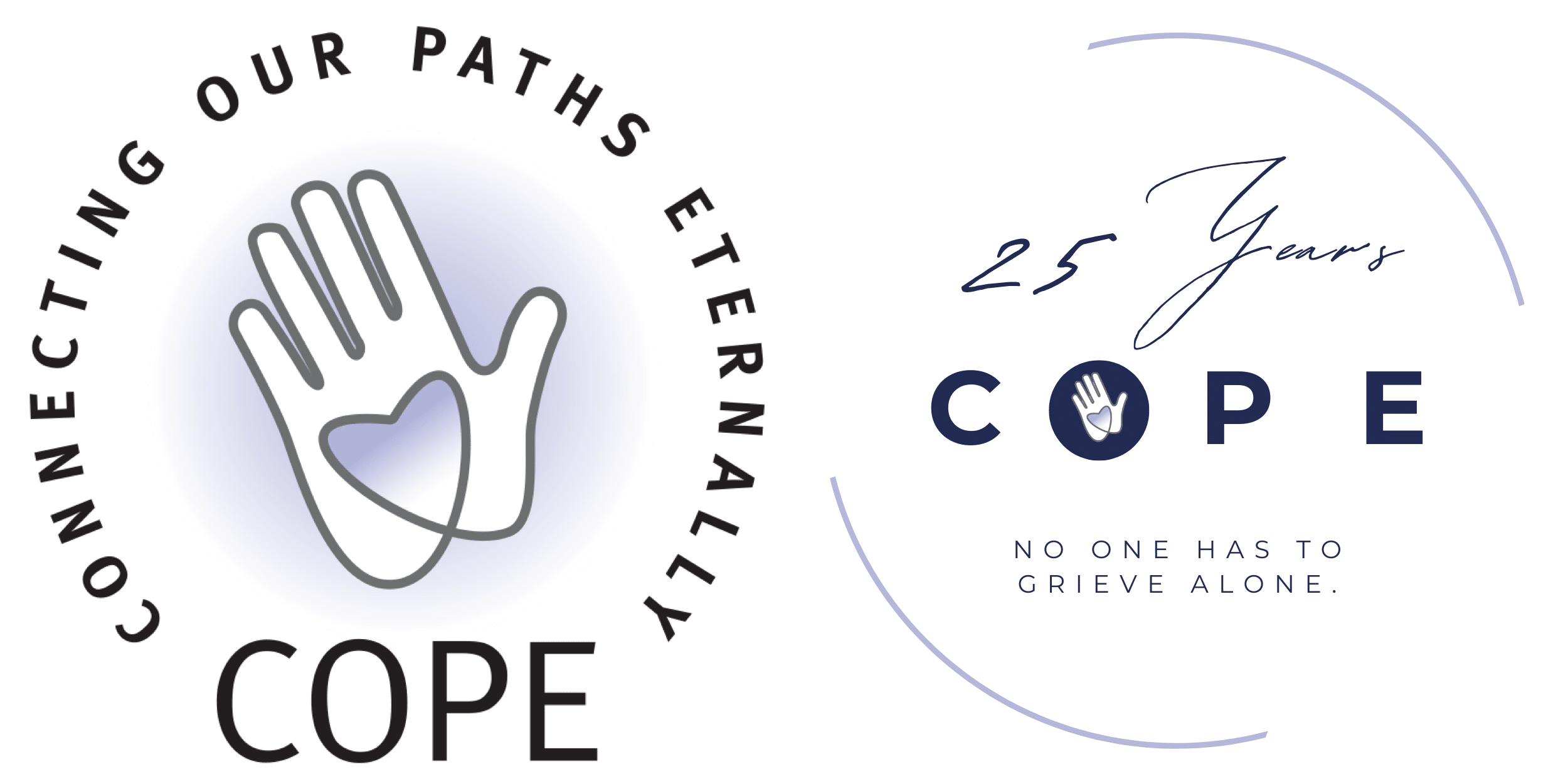The death of a child and the risk of cardiovascular diseases
I was in the middle of getting my doctorate 14 years ago when my son, Steven, 29, was killed in a brutal car accident and incompetent roadside care. I knew my world was turned upside down. I expected the endless tears, but I was surprised by my physical changes: large weight gain, high blood pressure, poor sleep and a major life-threatening infection. What I felt was so much bigger than sorrow and it crept into all areas of my physical life.
I was a researcher and began to do online searches on grief over the loss of a child. I searched mourning and illness, health outcomes from trauma, and health issues for parents living with the loss of a child. I found a field of study emerging on the impact of grief on our bodies and health. Evidence indicates that some grieving parents presented with cardiac issues within a year or two of the loss of a child. Although the data seemed to look at men’s health more than women, grief invaded our minds and bodies and our hearts were literally suffering.
I had heard about “Broken Heart Syndrome” and was told that someone in my extended family had a fatal heart attack within minutes of hearing a radio newscast of her brother’s murder. I knew that I became a cardiac patient within a few years of my own loss. It took almost seven years for me to take my physical health as seriously as I was taking my emotional health. Our COPE staff and programs help our families in so many ways and parents and siblings describe the emotional support and kindness found in our groups and programs as “life-saving.” We need to look at our physical health as well. That, too, can be life-saving.
Sandra R. Wolkoff, PhD., LCSW-R
The death of a child and the risk of cardiovascular diseases
By Dang Wei and Krisztina László
The death of a child is a devastating event and the subsequent grief is often intense and long-lasting. In addition to its psychological effects, losing a child could affect parents’ cardiovascular health, but knowledge in this field is very limited.
A research group from the Department of Global Public Health at Karolinska Institutet in Stockholm, Sweden conducted a series of studies on this topic and found that parents who lost a child had higher risks of acute myocardial infarction, ischemic heart disease, atrial fibrillation, heart failure, and stroke than their non-bereaved counterparts. The studies reported that these associations were observed regardless of the child’s studied cause of death, i.e. cardiovascular diseases, other natural causes, or unnatural causes. Further, the risks of atrial fibrillation, acute myocardial infarction and hemorrhagic stroke were highest in the first week after the loss, but the increased risk persisted throughout the 21-year median follow-up. The findings may suggest that stress-related mechanisms are likely to contribute to the development of cardiovascular diseases in bereaved parents.
The studies were conducted using data from the nationwide Danish and Swedish population-based registers and included in total 6.7 million parents of children born during 1973-2016 in Denmark and during 1973-2014 in Sweden. Information on demographic, socioeconomic and health-related factors for the parents and the children was retrieved through individual-level linkage between several nationwide registers.
Though the data did not allow to study the mechanisms underlying the observed associations, the researchers believe that the death of a child may induce psychological and behavioral changes, such as depression, anxiety, anger, disturbed sleep, increased smoking, alcohol use or sedentary behavior. These may result in changes in the neuroendocrine, metabolic, haemostatic and cardiovascular systems, which in turn may contribute to an increased risk of cardiovascular diseases. However, further studies are needed to understand the mechanisms.
The findings may call for increased awareness about the potential cardiovascular health effects of bereavement, for increased social support from family members and friends and for attention from family or health professionals concerning changes in health behaviors and cardiac symptoms in parents who lost a child.
More information about the studies may be found in:
- Wei D. Bereavement in adulthood and risks of incident and recurrent cardiovascular diseases. Department of Global Public Health, Karolinska Institutet, 2022. https://openarchive.ki.se/xmlui/handle/10616/47975
- Wei D, Janszky I, Fang F, Chen H, Ljung R, Sun J, Li J, László KD. Death of an offspring and parental risk of ischemic heart diseases: A population-based cohort study. PLoS Med 2021 Sep 29;18(9):e1003790.
- Wei D, Olofsson T, Chen H, Janszky I, Fang F, Ljung R, Yu Y, Li J, László KD. Death of a child and the risk of atrial fibrillation: a nationwide cohort study in Sweden. Eur Heart J. 2021;42(15):1489-1495.
- Wei D, Li J, Janszky I, Chen H, Fang F, Ljung R, László KD. Death of a child and the risk of heart failure: a population-based cohort study from Denmark and Sweden. Eur J Heart Fail. 2022;24(1):181-189.
- Wei D, Li J, Chen H, Fang F, Janszky I, Ljung R, László KD. Death of a Child and the Risk of Stroke: A Binational Cohort Study From Denmark and Sweden. Neurology. 2022;98(11):e1104-e1113.

